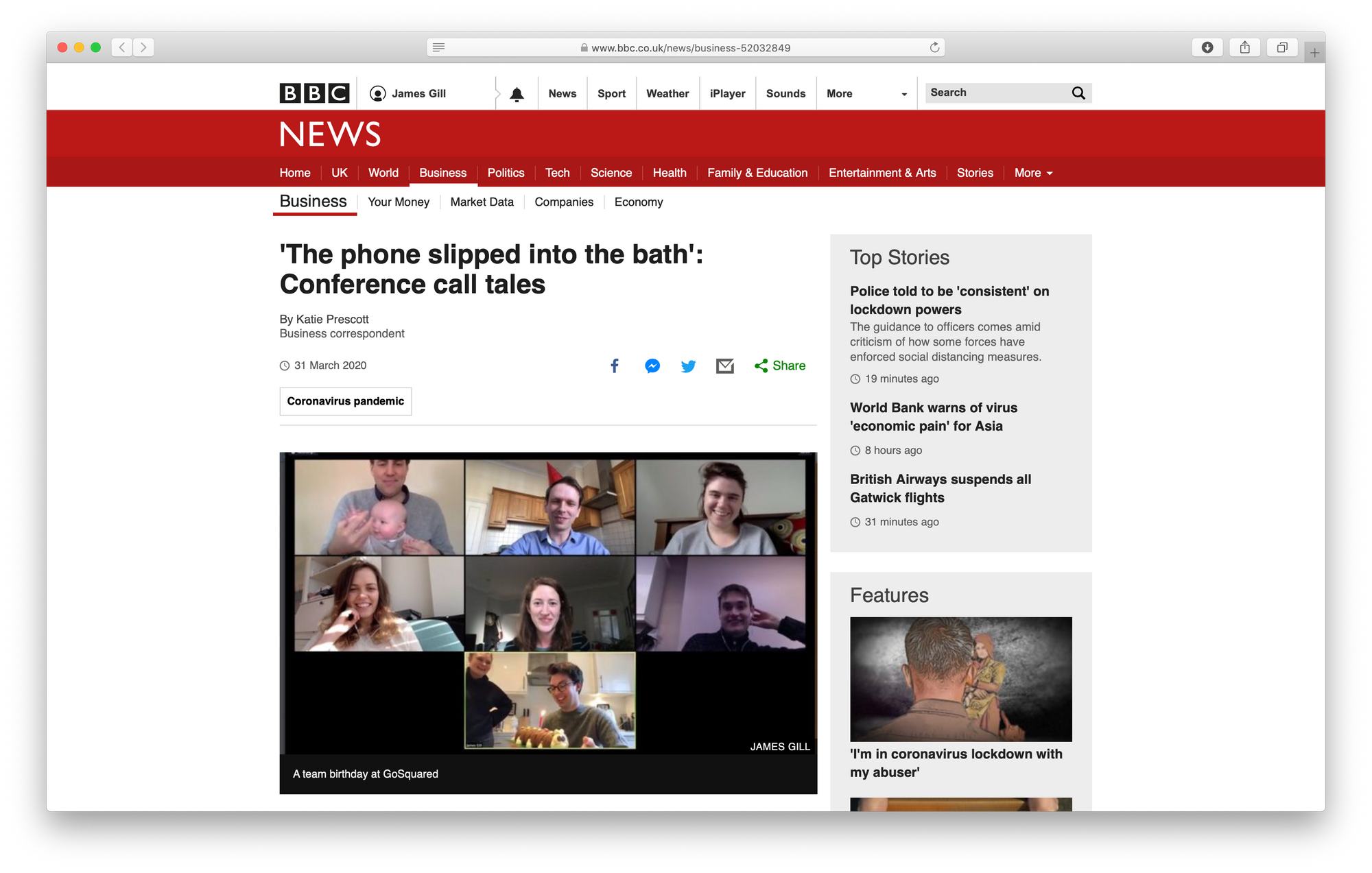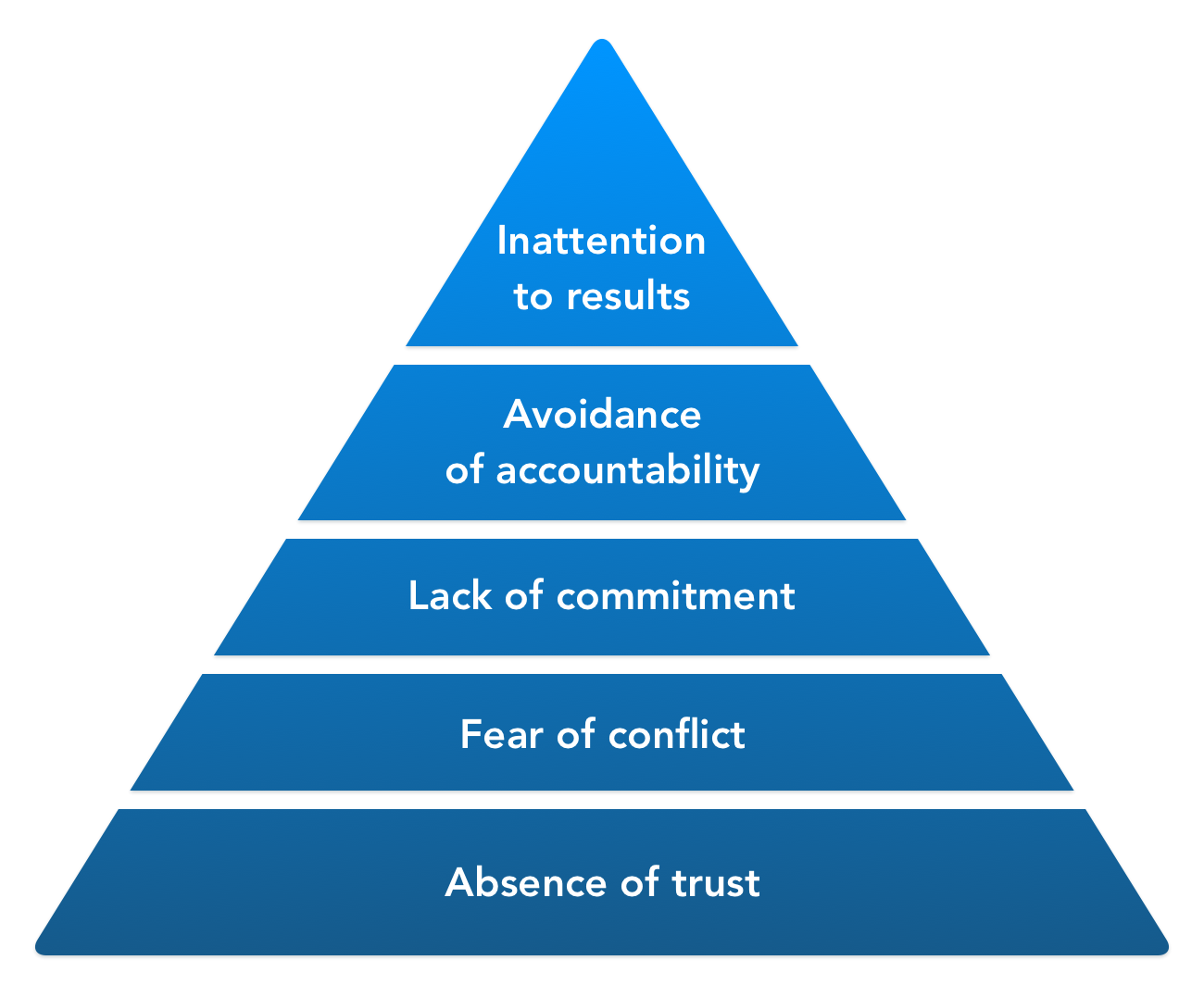A general rule of meetings I’ve found to hold true through the years: however long your proposed meeting is, you need to prepare for at least twice that amount of time in order for the meeting to run optimally.
That may sound like overkill, but I hope you can hear me out...
As with any rule, there are always exceptions. I have always found if I prepare for twice the duration time of the meeting then the outcome of the meeting itself is dramatically better. For example, if I have a 30 minute meeting to discuss a topic with three other team members, with the goal of getting to an outcome, I know that I should ideally prepare for at least an hour for it.
The seemingly excessive time I spend is recouped by saving even more from the attendees of the meeting.
This likely doesn’t need to apply for every one-on-one or regular meetings you’ve really got into a groove with, but for new meetings, and especially for meetings with 5+ people, the time one person spends preparing is often recouped several times over by being more efficient with the time of the attendees.
A while ago I wrote about how we do silent meetings – these are a great example of how the preparation beforehand is so critical, and can lead to a far better outcome for a meeting.
The expense and value of meetings
Meetings are expensive – the more people and the more time given, the more expensive they become. But they're also valuable moments where team members get to collaborate, bond, and integrate with each other.
Through lockdown and working remotely, I sense that many people enjoy a meeting to get together with their colleagues. It’s not surprising we all crave social contact and want to hear how each other is doing.
Trying to find the balance between social and “work” focus in a meeting will vary by team and culture, but it’s possible to find a sweet spot, and preparation before a meeting will help get clearer on what is needed from a meeting, and help you ascertain just how much time to spend on catching up on your weekend plans at the start of a Zoom call!
Try this out and let me know how it goes
For the next meeting you’re in charge of, book out twice the time of the meeting beforehand to prepare for it. And then assess:
- Did the meeting run better?
- Did you get better or clearer outcomes?
- Did the attendees feel more energised at the end of the meeting?
- Was the meeting shorter thanks to the preparation?
- Did the meeting even need to happen once you did the prep?
Good luck!


